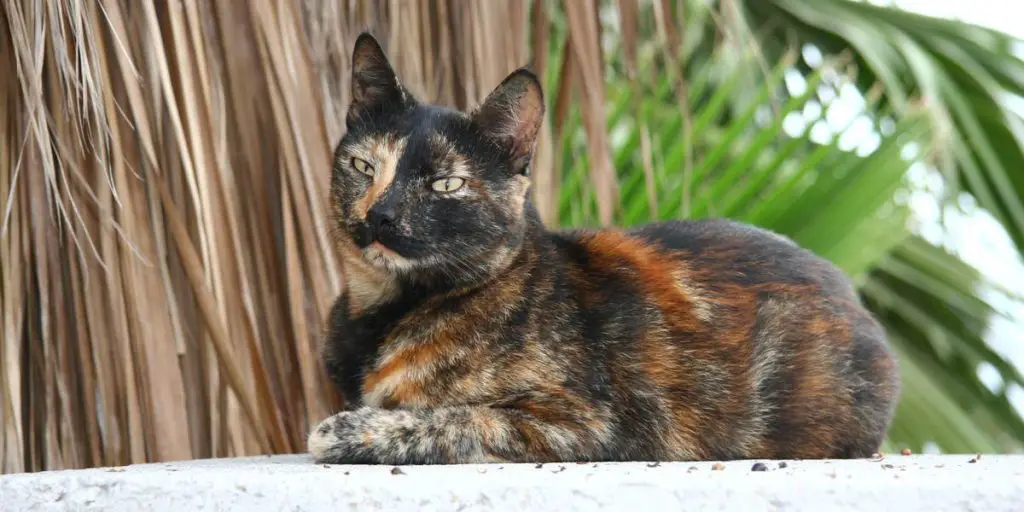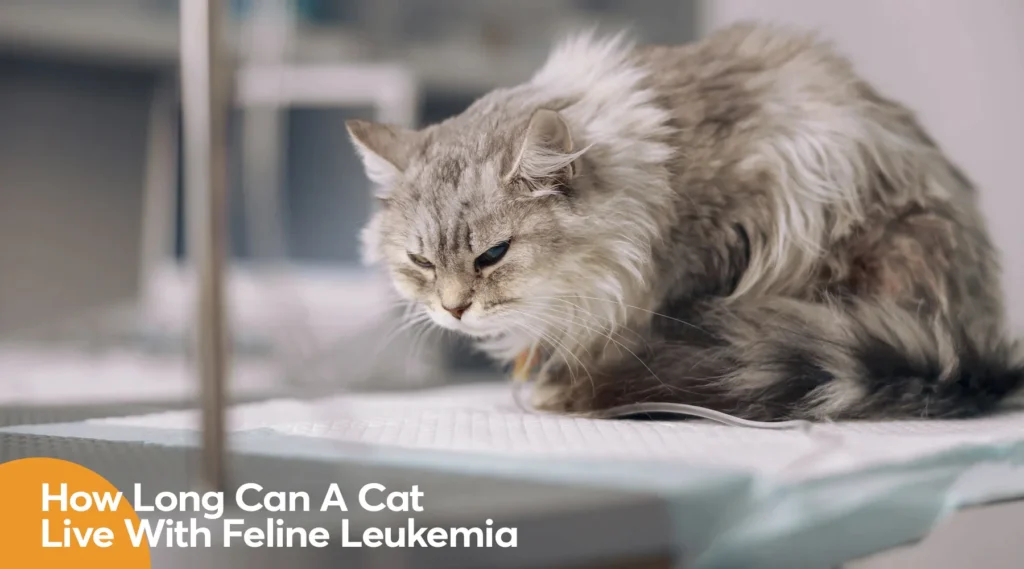How Long Do Tortoiseshell Cats Live?

Tortoiseshell cats are domestic cats that have a coat pattern with patches of different colors, such as black, orange, brown, and white. They are not a specific breed of cat but rather a result of a genetic variation that affects the color of their fur. Tortoiseshell cats are often considered lucky and have a rich history and culture around the world. But how long do tortoiseshell cats live, and what factors affect their lifespan? In this essay, we will explore the average lifespan of tortoiseshell cats, as well as some tips to help them live longer and healthier lives.
Average Lifespan of Tortoiseshell Cats
The average lifespan of tortoiseshell cats is similar to that of any other indoor cat, which is around 12 to 15 years. However, some tortoiseshell cats can live longer or shorter than this range, depending on various factors such as their gender, breed, health, diet, environment, and care. Some of the most common breeds of tortoiseshell cats and their approximate lifespans are:
- American Shorthair: 15 to 20 years
- British Shorthair: 12 to 17 years
- Persian: 10 to 15 years
- Japanese Bobtail: 9 to 15 years
Gender
One of the most interesting facts about tortoiseshell cats is that they are almost always female. This is because the gene that codes for the orange and black colors is located on the X chromosome, and tortoiseshell cats need two copies of this gene to produce their coat pattern. Since female cats have two X chromosomes, they can inherit both colors from their parents. Male cats, on the other hand, have only one X chromosome and one Y chromosome, so they can only inherit one color from their mother. Therefore, male tortoiseshell cats are very rare and usually sterile due to a genetic condition called Klinefelter syndrome. This means that female tortoiseshell cats tend to live longer than male tortoiseshell cats, as they do not have the health problems associated with Klinefelter syndrome.
Breed
As mentioned earlier, tortoiseshell cats are not a breed unto themselves but rather a coat pattern that can occur in various cat breeds. Some of the breeds that can have a tortoiseshell appearance include American Shorthair, British Shorthair, Persian, Japanese Bobtail, Maine Coon, Manx, Turkish Angora, and more. Each breed has its own characteristics and traits that may affect their lifespan. For example, American Shorthairs are sturdy and adaptable cats that are resistant to many diseases, while Persians are flat-faced cats that are prone to breathing problems and eye infections. Therefore, it is important to know the breed of your tortoiseshell cat and be aware of any potential health issues that may shorten their lifespan.
Health
The health of your tortoiseshell cat is another factor that determines how long they will live. Tortoiseshell cats are generally healthy cats that do not have any specific health problems related to their coat color. However, they may still suffer from common diseases and conditions that affect all cats, such as dental disease, kidney disease, urinary tract infections, diabetes mellitus, hyperthyroidism, cancer, and more. To prevent or treat these diseases, you should take your cat to the vet regularly for check-ups, vaccinations, deworming, and spaying or neutering. You should also monitor your cat’s behavior, appetite, weight, coat condition, and litter box habits for any signs of illness or distress. If you notice anything unusual or concerning, you should contact your vet immediately for diagnosis and treatment.
Diet
Another factor that affects the lifespan of tortoiseshell cats is their diet. Like any other cat, tortoiseshell cats need a balanced and nutritious diet that meets their specific needs. Cats are obligate carnivores, which means they need animal protein to survive and thrive. They also need essential vitamins, minerals, fatty acids, and water to maintain their health and well-being. A good quality cat food that is appropriate for your cat’s age, size, activity level, and health condition can help them live longer and happier lives. You should also avoid feeding your cat human food or table scraps, as some foods may be toxic or harmful to them. Some examples of foods that you should never feed your cat include chocolate, grapes, raisins, onions, garlic, alcohol, caffeine, and dairy products.
Environment
The environment where your tortoiseshell cat lives also affects its lifespan. Indoor cats tend to live longer than outdoor cats because they are protected from predators, parasites, diseases, traffic accidents, and other hazards that may threaten their lives outside. However, indoor cats may also face some challenges, such as boredom, stress, obesity, and lack of exercise. To keep your indoor cat happy and healthy, you should provide them with a safe and comfortable space where they can rest, play, scratch, climb, and explore. You should also enrich their environment with toys, puzzles, catnip, and interactive games that stimulate their physical and mental abilities. You should also give them plenty of attention and affection to prevent them from feeling lonely or depressed.
Tips to Help Tortoiseshell Cats Live Longer

As a cat owner, you want your tortoiseshell cat to live as long as possible. Here are some tips to help you extend their lifespan and improve their quality of life:
- Feed your cat a high-quality cat food that is suitable for their age, size, activity level, and health condition. Avoid overfeeding or underfeeding your cat, and follow the feeding instructions on the label. Provide fresh water at all times and clean their food and water bowls regularly.
- Keep your cat indoors or supervise them when they go outside. Outdoor cats face many dangers and risks that can shorten their lifespan. If you let your cat outside, make sure they have a collar with an ID tag or a microchip, and keep them up to date on their vaccinations and parasite prevention.
- Spay or neuter your cat as soon as possible. Spaying or neutering your cat can prevent unwanted pregnancies, reduce the risk of certain cancers and infections, and improve their behavior and temperament. It can also help them live longer by reducing their urge to roam, fight, or mate.
- Take your cat to the vet regularly for check-ups, vaccinations, deworming, and dental care. Your vet can help you detect and treat any health problems early before they become serious or life-threatening. Your vet can also advise you on the best care and management for your cat’s specific needs and conditions.



